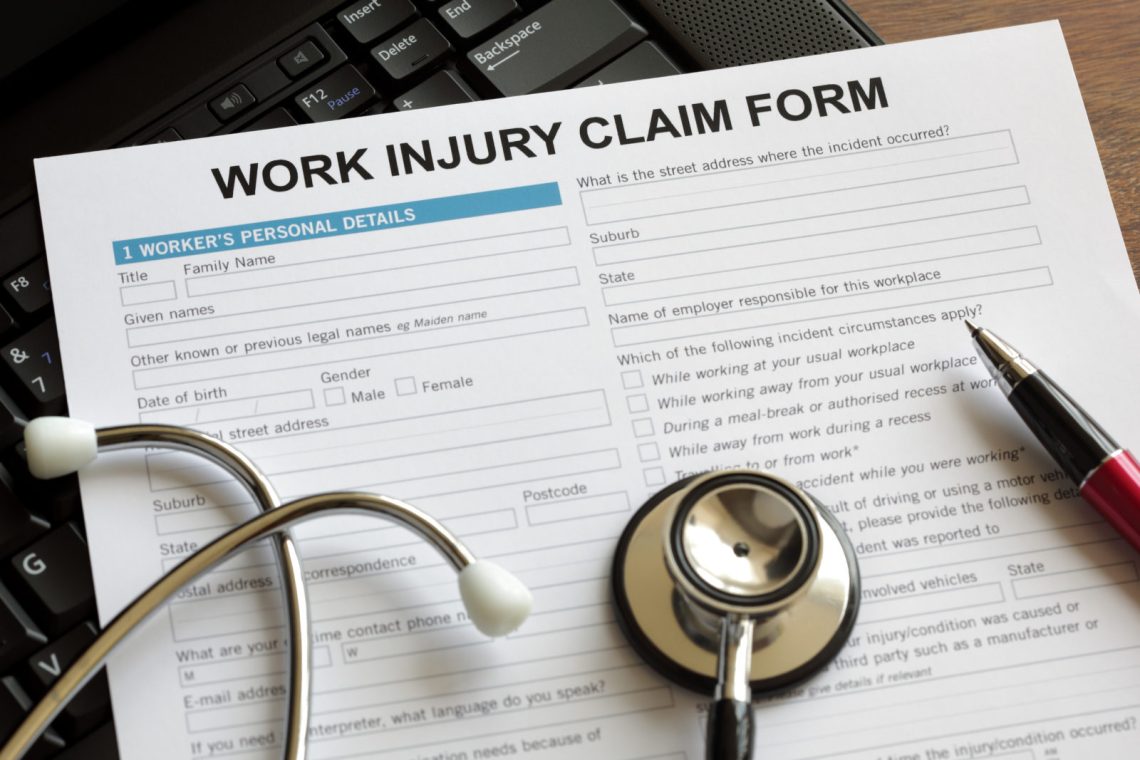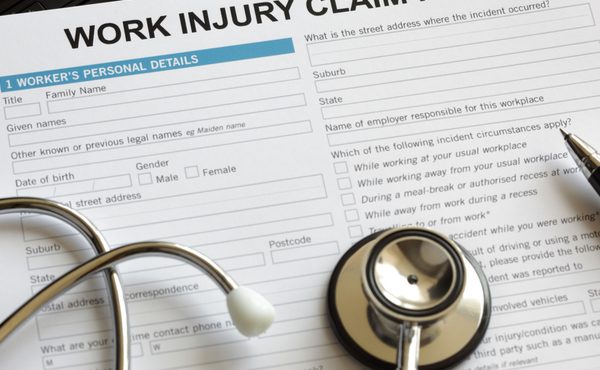When it comes to workers’ compensation insurance, employers need to make sure their staff is properly covered in case of an injury.
In this blog post, we will discuss the basics of filing a workers’ comp claim, what documents you will need to collect before submitting a claim, and how to file an appeal if your claim is denied.
Let’s get started with this workers comp claim checklist.
What Is Workers’ Compensation Insurance?
Workers’ compensation insurance is a type of insurance that provides employees with financial protection if they become injured or ill as a result of their job-related duties. It covers medical bills, lost wages due to time away from work during recovery, and other related expenses. Employers are required by law to have this type of insurance to protect their employees should they become hurt or ill while on the job.
Gather Necessary Documents for the Claim
Before submitting a workers’ comp claim, employers must gather all necessary documents, such as medical records, wage information, and accident reports. This is the first step of the workers’ comp claim checklist. Medical records will provide evidence of an injury or illness that requires treatment.
Wage information shows how much the employee earned during injury and can be used to determine benefits calculations. Accident reports are also important because they provide additional documentation about the incident itself and help identify any safety violations that may have occurred, which could lead to further investigation.
Application Procedure for The Claim
The next step of the workers’ comp claim checklist involves the application. The application procedure for filing a workers’ comp claim typically involves the following:
- filling out paperwork with relevant details about the incident, such as date and location, severity of injury/illness, etc.
- gathering all necessary documents (mentioned above)
- submitting them to your state’s workers’ comp board for review
Each state has its own set of laws related to filing a claim, so it is essential to consult with an attorney or other knowledgeable party when starting this process.
How To File an Appeal If Denied
If the state board denies your workers’ comp claim, you may be able to file an appeal by obtaining legal representation or consulting with experts who can help you understand why your claim was denied and how best to proceed moving forward. This process can be complex, so it is advisable to seek professional help and stay organized throughout the process by keeping all relevant paperwork in one place for easy reference when needed.
A Breakdown Of The Workers Comp Claim Checklist: Wrap Up
When it comes down to it, employers need workers’ compensation insurance to protect their staff should they become injured or ill while on duty at work. Therefore, employers must understand what goes into the workers’ comp claim checklist to file a successful claim.
This includes gathering necessary documents such as medical records and wage information, and understanding application procedures and how best to proceed should your initial claim be denied. We hope that this workers comp claim checklist has provided helpful insight into what goes into preparing for a successful workers’ comp claim.


No Comments